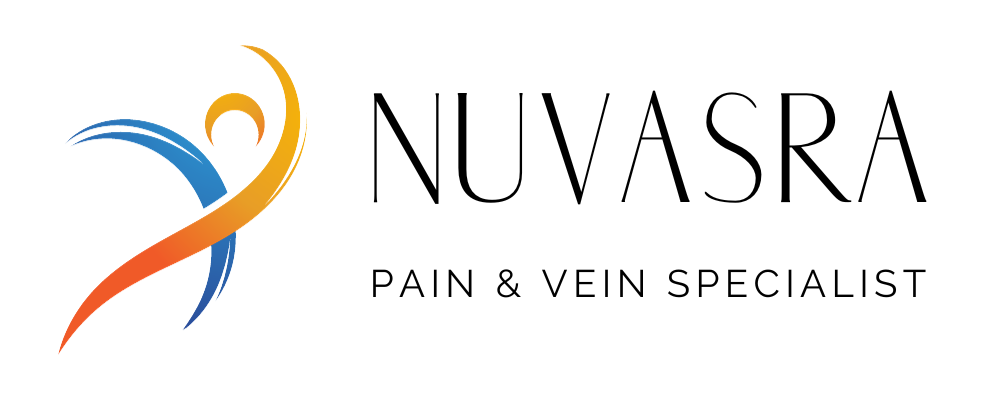Varicose veins are not only a cosmetic concern but also a sign of underlying vein dysfunction. Radiofrequency Ablation (RFA) offers a promising solution to this problem, targeting the root cause with precision and minimal discomfort.
What is Radiofrequency Ablation (RFA)?
Radiofrequency Ablation (RFA) is a cutting-edge procedure that uses the heat generated from radiofrequency energy to treat varicose veins. The procedure is designed to improve blood flow by sealing off the damaged veins that contribute to vein bulging and associated symptoms.
The Science Behind RFA
During RFA, a thin, flexible tube known as a catheter is inserted into the problem vein. This catheter delivers controlled heat directly to the vein walls, causing them to collapse and eventually be reabsorbed by the body, diverting blood flow to healthier veins.
Preparing for Your RFA Treatment
Proper preparation is key to a successful RFA treatment. Here’s what patients need to know before undergoing the procedure:
- Medical History: Inform your healthcare provider about any current conditions, including pregnancy, allergies, or medication use.
- Lifestyle: Smoking, alcohol use, and other lifestyle factors may influence treatment protocols.
- Medications: Discuss all medications with your healthcare provider, as some may need to be paused before the procedure.
The Day of Your RFA Procedure
On the day of your RFA treatment, expect the following steps:
- An ultrasound is used to guide the procedure.
- Local anesthesia is applied for comfort.
- The RFA catheter is positioned to deliver radiofrequency energy, closing off the affected vein.
- Post-treatment, a compression stocking may be applied to support recovery.
The entire process, including preparation and recovery, typically takes between one to three hours.
Recovery and Aftercare
Post-treatment care is crucial for optimal recovery. Here’s what patients should do:
- Follow medication instructions.
- Care for the insertion site to prevent infection.
- Use compression as directed.
- Elevate legs and walk regularly.
- Avoid strenuous exercise, long periods of standing, air travel, and hot baths as recommended by your healthcare provider.
Follow-up and Risks
A follow-up appointment is essential to ensure proper healing and to evaluate the success of the treatment. Potential complications include bleeding, infection, blood clots, nerve damage, and skin irritation. However, these are rare, and RFA is generally considered safe and effective.
Conclusion: The Benefits of RFA for Vein Health
Radiofrequency Ablation offers a promising route to relief from the pain and appearance of varicose veins. With a quick recovery time and minimal risks, RFA is transforming vein treatment and patient well-being.
Think you may benefit from RFA?
Click the button below to find out if YOU are a candidate for treatment.

